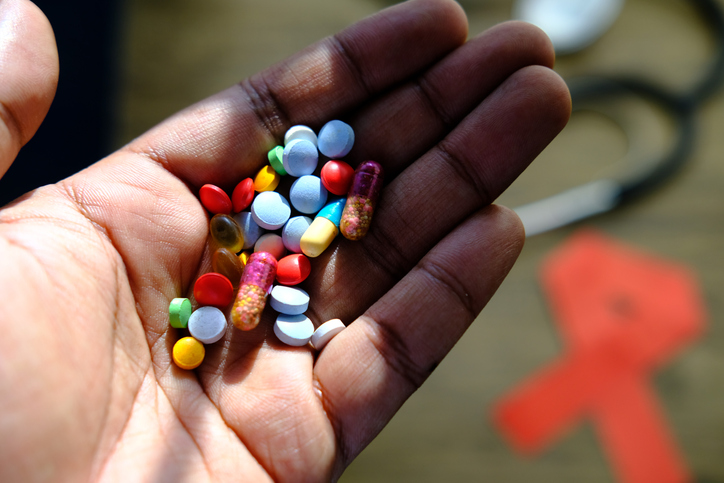
Access to medicines for HIV patients significantly affected by COVID-19: W.H.O.

HIV patients have been significantly affected by the COVID-19 pandemic which has hindered their access to medicine, the World Health Organisation said on Tuesday.
W.H.O. Director-General Dr. Tedros Adhanom Ghebreyesus said that the body was “deeply concerned” about the effects of the pandemic on the global response to HIV.
“A new W.H.O. survey showed access to HIV medicines has been significantly curtailed as a result of the pandemic. 73 countries have reported that they are at risk of stock-outs of antiretroviral medicines,” Ghebreyesus said.
“The disruptions to access to life-saving commodities and services come at a critical moment as progress to the global response to HIV stalls,” he added.
While there is no cure for HIV infection, ARVs can control the virus and help prevent onward transmission to other people.
To address this problem, Ghebreyesus recommended that all countries prescribe ARVs for longer periods of time, possibly up to six months, while supply chains for all medicines were fully functioning. The W.H.O. has warned previously that the pandemic was far from over in the world.
As at the end of last year, about 25.4 million people were accessing antiretroviral therapy, according to the W.H.O.
Even though more people had access to ARVs, global targets for prevention testing and treatment were not on target, he said. Those two services were not reaching the most vulnerable groups.
“Going forward, access to services for vulnerable groups must be expanded through stronger community engagement improved service delivery and tackling stigma and discrimination.”
Ghebreyesus noted that shortages of condoms and pre-exposure prophylaxis can also prove costly, and urged countries to ensure uninterrupted prevention testing and treatment services for HIV.
Numbers of HIV infections steadied at about 1.7 million annually with a modest reduction in AIDS-related deaths, according to statistics from the W.H.O.
According to the W.H.O., almost 33 million people have been killed by HIV so far while about 38 million people were living with HIV at the end of 2019.






